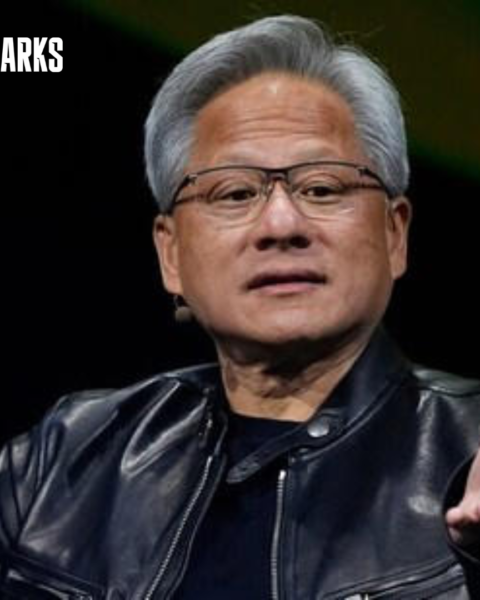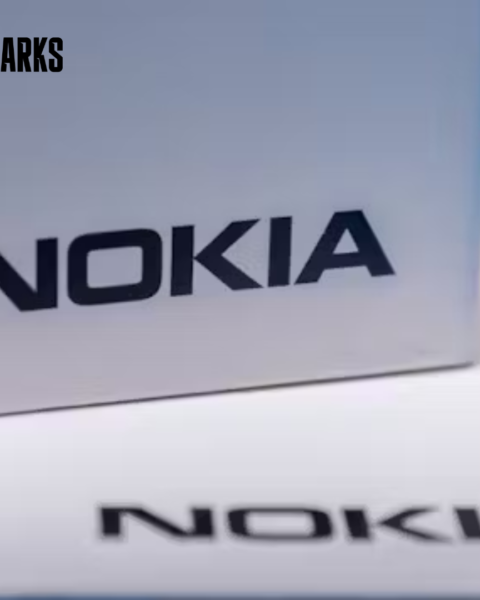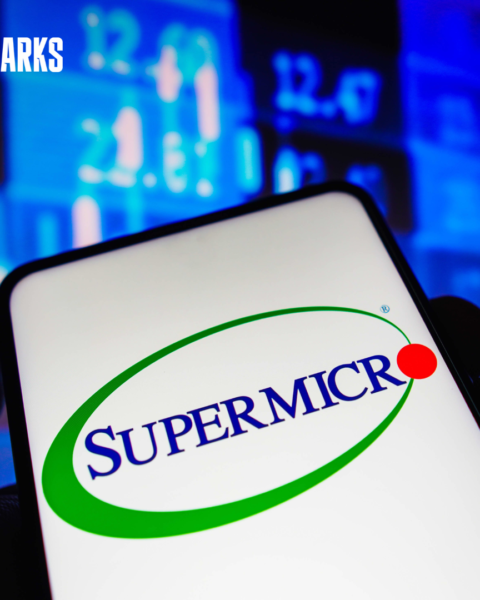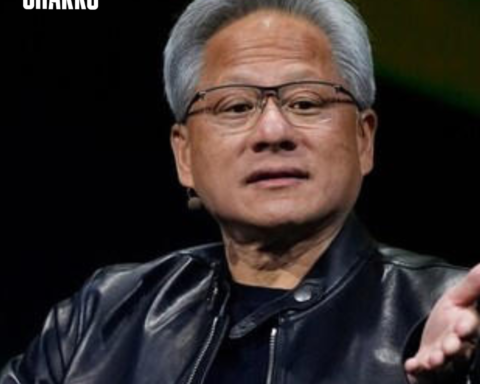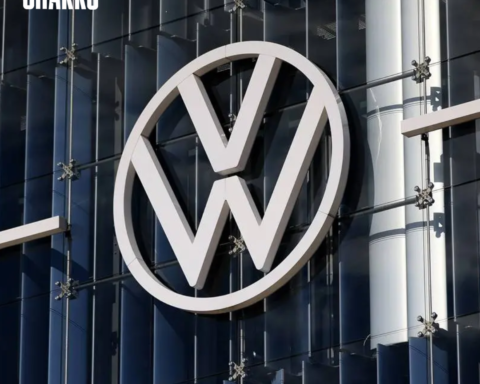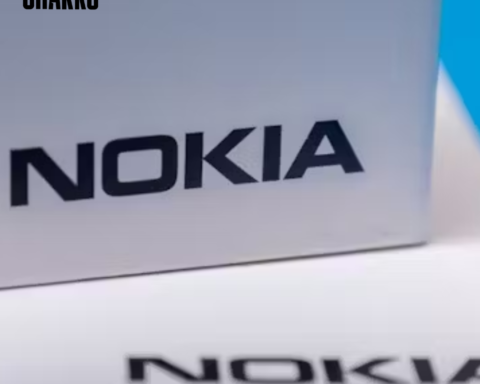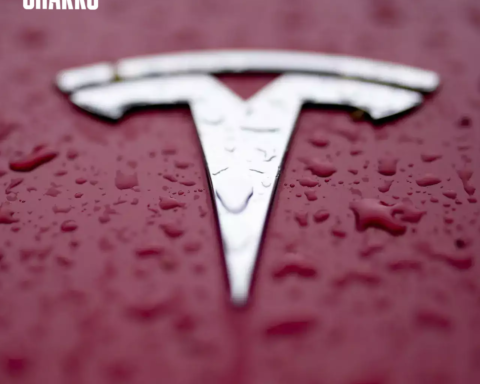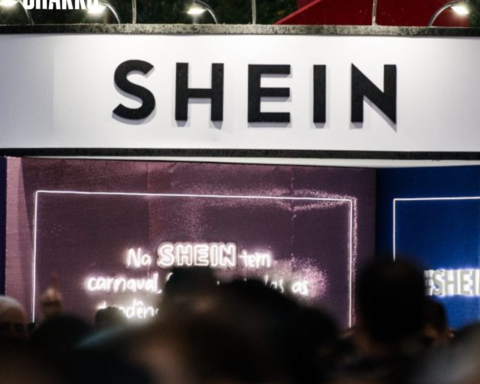Clashing Views on Hybrid Vehicles: Ford and GM Strategic Divergence
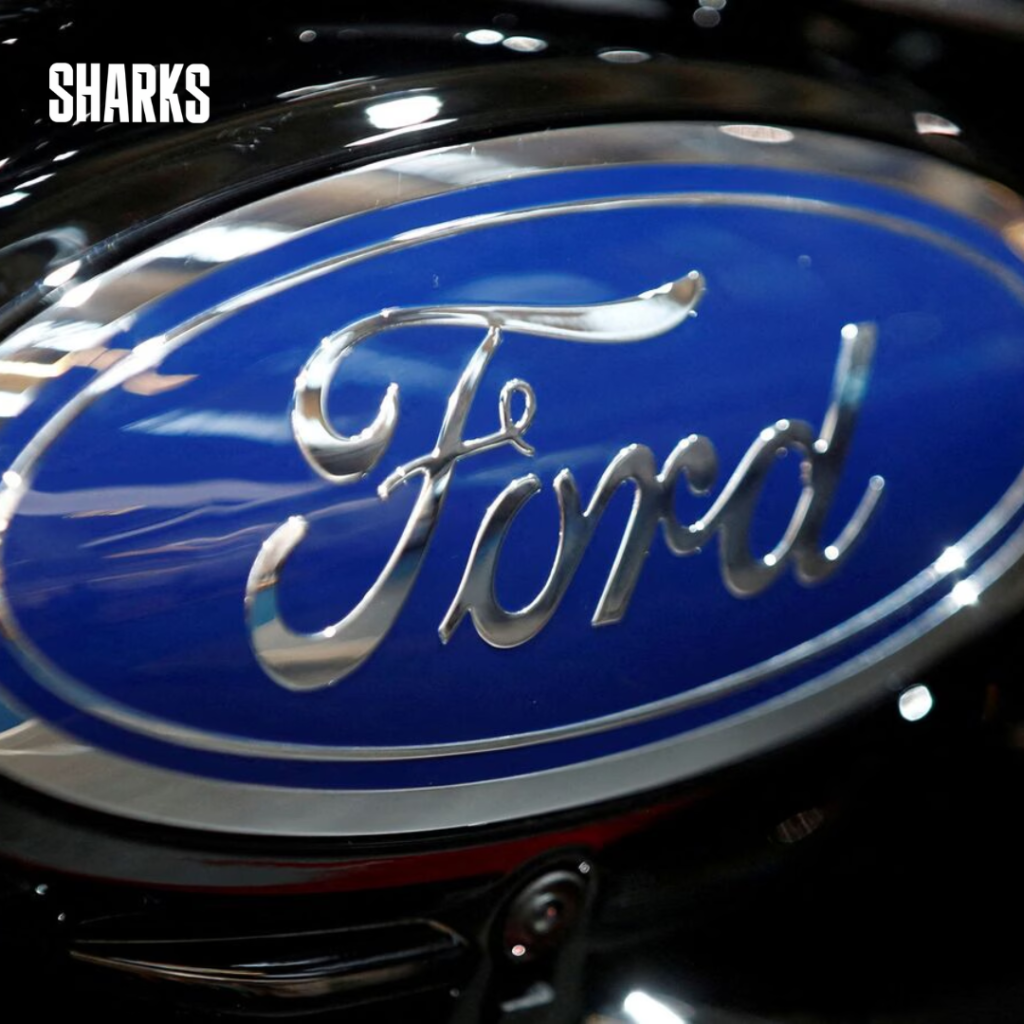
Ford Motor and General Motors’ CEOs presented differing views on the role of hybrid vehicles in their long-term strategies.
Ford CEO Jim Farley argues that hybrids should not be seen merely as a transitional technology. At the same time, GM CEO Mary Barra views them as a temporary solution before a full transition to electric vehicles (EVs).
Ford Commitment to Hybrids:
Speaking at a Bernstein conference, Farley emphasized hybrids’ profitability and strategic importance. “We should stop talking about it as a transitional technology,” Farley said, noting that many of Ford’s hybrids in the U.S. are now more profitable than their non-hybrid equivalents.
He acknowledged that while plug-in hybrids may become irrelevant soon, extended-range hybrids will remain crucial.
GM Focus on Full Electrification:
In contrast, Barra underscored GM’s commitment to a fully electric future, acknowledging that plug-in hybrids will only be used to meet regulatory requirements starting in 2027.
“It’s not the end game because it’s not zero emission,” Barra stated, indicating that GM’s long-term strategy is to achieve zero emissions through EVs.
Ford Hybrid Sales and EV Strategy:
Ford plans to significantly increase its hybrid sales in the coming years despite scaling back on some EV investments and delaying production in North America. Farley also expressed that EVs should not rely on subsidies and should be produced profitably.
The company has split its electric and software division from its gas-engine operations to enhance efficiency, though it expects significant losses in its EV business this year.
The Role of Autonomous Technology and Software:
Both CEOs recognize the importance of software and subscription services as future profit drivers. Farley views autonomous driving technology as a major growth opportunity and praises Chinese competitors for their superior digital consumer experiences.
He stressed that China is setting the standards for competition, particularly in terms of cost efficiency and quality.
Barra echoed Farley’s concerns about Chinese competitors, emphasizing the need for GM to maintain strong brands, products, and cost efficiency to stay competitive.
The intense competition from China poses a significant challenge, with Farley suggesting that not all carmakers, especially those solely focused on EVs, will survive the pressure.
The Future of Automotive Industry:
Farley’s and Barra’s comments highlight the strategic divergence between the largest American automakers. Ford sees hybrids as a crucial component of its future, while GM is betting on an all-electric path.
Both companies, however, acknowledge the competitive threat Chinese automakers pose and the critical role of software and autonomous technology in shaping the future of the automotive industry.
Share This
Tony Boyce is a seasoned journalist and editor at Sharks Magazine, where his expertise in business and startups journalism shines through his compelling storytelling and in-depth analysis. With 12 years of experience navigating the intricate world of entrepreneurship and business news, Tony has become a trusted voice for readers seeking insights into the latest trends, strategies, and success stories.

